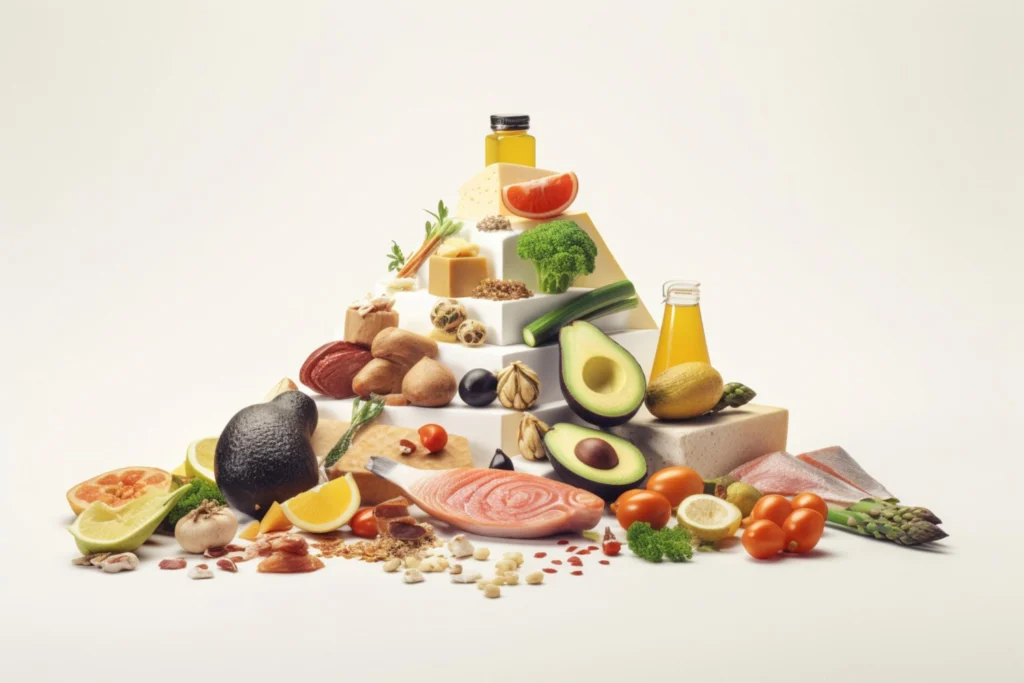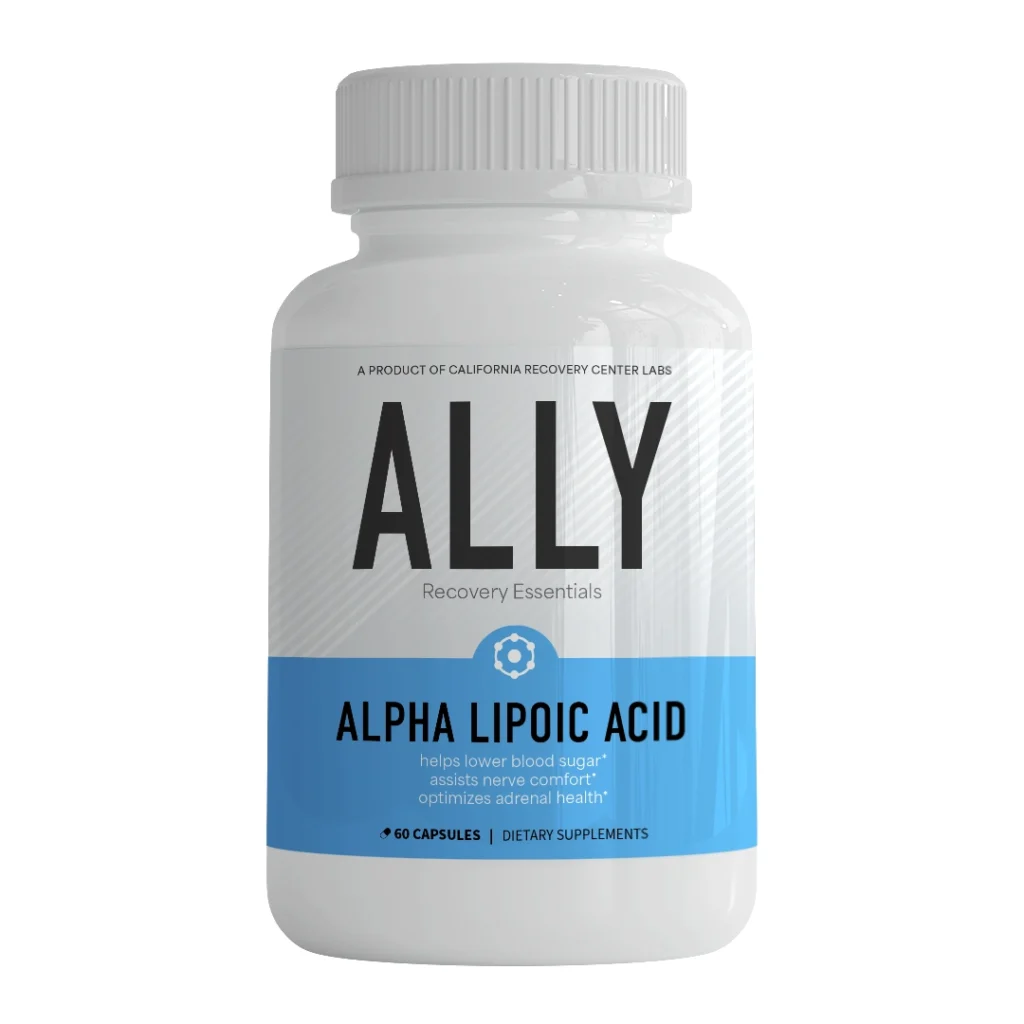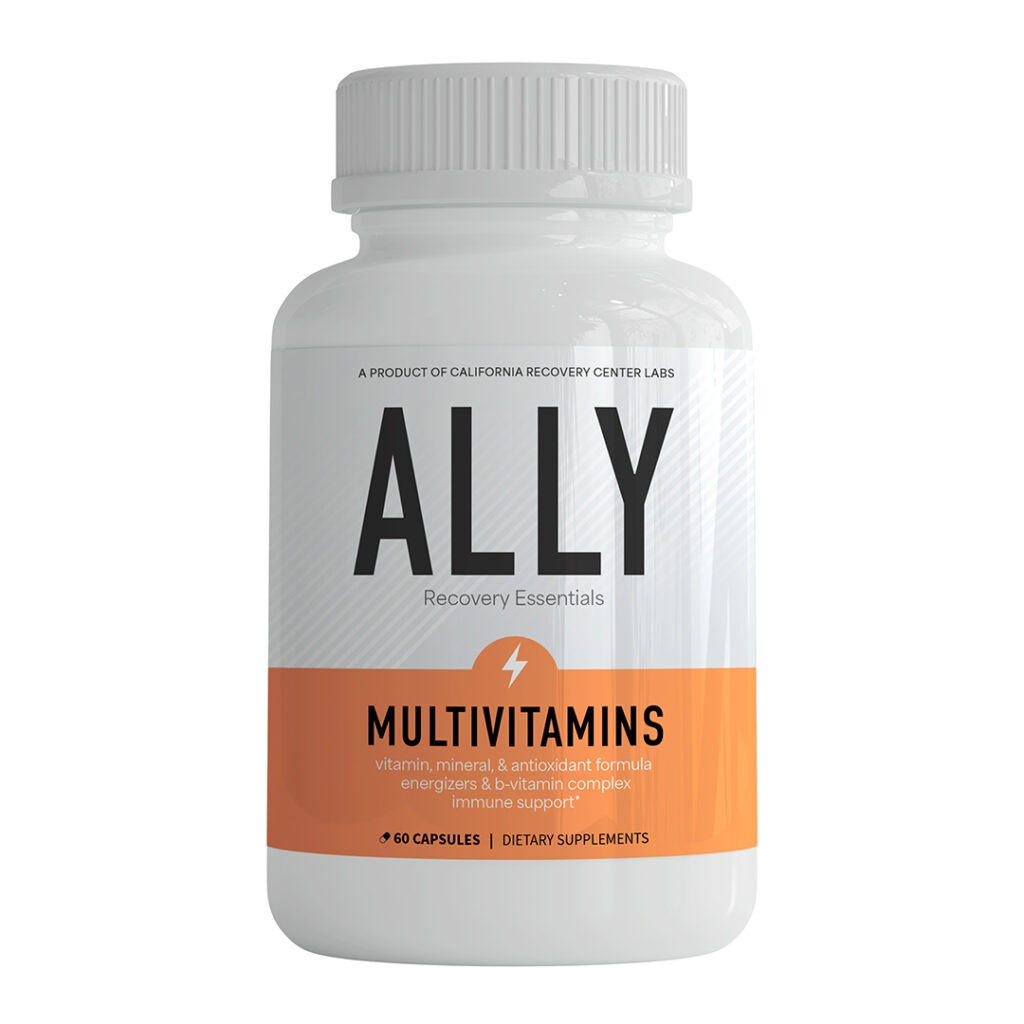The journey to recovery is a tedious process that extends beyond simply abstaining from substances. It requires addressing the physical, mental, and emotional aspects of health and well-being. The role of nutrition emerges as a fundamental yet often overlooked element in promoting recovery. In this article, we’ll explore the importance of how specific vitamins and minerals can support physical and mental health for a long-term recovery success.
Impact of Addiction on Nutrition
When an individual struggles with addiction, their nutritional status suffers, often leading to nutritional deficiencies. During active addiction, people tend to lose their appetite for normal food, either because they don’t feel hungry or because they crave nutrient-poor foods. Also, long-term use of addictive substances may prevent the body from effectively absorbing essential vitamins and minerals. A poor diet can also make one feel depressed, anxious, and low on energy, and overall affect mental and emotional health. This is why, for people in recovery, understanding the impact of addiction to nutrition and addressing the nutritional needs of the body are important.
Essential Vitamins and Minerals for Recovery

There are several nutrients that play important roles in supporting recovery. Here are some vitamins and minerals that may help in terms of mental clarity, energy, and overall well-being:
Vitamin B-complex. B vitamins are typically deficient in alcoholics. Replenishing the body with vitamin B may support energy production, nervous system function, and mood regulation.
Vitamin C. During withdrawal and recovery, the immune system may become weakened. Vitamin C aids in strengthening the immune system and eliminating toxins from the body as it acts as a powerful antioxidant.
Vitamin E. This vitamin is also a good antioxidant that can help prevent oxidative stress from long-term substance abuse. It also has neuroprotective properties and, if used along with vitamin C, may improve cognitive functioning and mental focus.
Magnesium. Anxiety, along with muscle aches and spasms, happens during withdrawal. Magnesium can help relax the muscles, calm the body, and promote quality sleep.
Zinc. Zinc deficiency has been linked to those suffering from addiction. Promoting good mental health, encouraging wound healing, and improving immune function are some of the benefits you can get from zinc during recovery.
Where to Get Recovery-Friendly Nutrient Sources
During recovery, it is important to incorporate nutrient-rich foods into your diet. By doing so, it can aid in replenishing depleted nutrients. Focus on foods known to be packed with vitamins and minerals, such as leafy greens, which are rich in vitamins B and magnesium; lean proteins that will boost amino acids; nuts and seeds that are good sources of magnesium, zinc, and omega-3 fatty acids; and whole grains, which have good amounts of vitamins B and E. The key is to incorporate these nutrient-rich food sources into a wide variety of meals to acquire enough vitamins and minerals for the body.
In some cases, supplements may also be necessary to address specific nutrient deficiencies and health conditions and support overall health in recovery. You can opt for multivitamin supplements, which can provide a wide array of essential vitamins and minerals in the body in one pill or tablet, or you can go for something more specific like antioxidant supplements such as alpha lipoic acid, which can reduce inflammation and regenerate other antioxidants such as vitamins C and E. Just remember to consult a healthcare professional to determine your individual nutrient needs and recommend appropriate supplements. Supplements should not replace a balanced diet but rather provide a complementary approach to recovery.


Nutrition during your recovery journey is more than just eating the right foods. It is also adopting a holistic approach to health and wellness that includes a balanced diet, regular exercise, self-care practices, and social support. However, remember that recovery is always a journey. By incorporating nutrient-rich foods and supplements into your daily routine, prioritizing your nutritional needs, and building healthy habits, you can set yourself up for long-term success in recovery.

